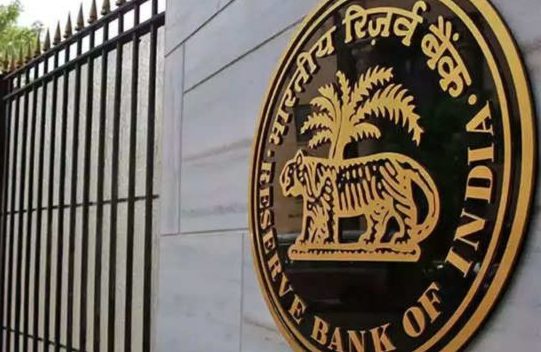The Reserve Bank of India (RBI) has taken a significant step forward in the evolution of digital finance by announcing its plans to allow non-bank payment system operators to offer wallets for the Central Bank Digital Currency (CBDC). This initiative is aimed at broadening access and providing more options for users, marking a pivotal moment in India’s journey towards a more inclusive digital economy.
Expanding Digital Currency Accessibility
The RBI’s recent “Statement on Developmental and Regulatory Policies” outlines a series of measures aimed at enhancing the Indian financial landscape, with a notable focus on the distribution of the CBDC through non-bank entities. This move is part of a broader effort to make digital currency more accessible to a wider audience, following ongoing pilots in both retail and wholesale segments.
By integrating non-bank payment system operators into the CBDC ecosystem, the RBI aims to leverage their networks to improve access and offer diverse choices to consumers. This strategy not only anticipates expanding the user base of the digital rupee but also tests the resilience of the CBDC platform to manage transactions across multiple channels.
Pilot Programs and Regulatory Landscape
India embarked on its digital rupee journey with the launch of pilot programs for the wholesale and retail segments in November and December 2022, respectively. These pilots represent critical steps towards understanding and refining the deployment of digital currency within the country’s financial system.
Amidst these developments, the regulatory environment for cryptocurrencies in India remains in a state of flux. Finance Minister Nirmala Sitharaman has made it clear that crypto assets will not be recognized as currencies in India, emphasizing the absence of a regulatory framework for such assets to date. However, during India’s tenure as the host of the G20 last year, the issue of crypto asset regulation was broached, with Sitharaman expressing optimism about the emergence of a regulatory framework in the future.
RBI Governor Shaktikanta Das has voiced concerns over cryptocurrencies, highlighting their potential risks to India’s financial stability, the rupee, and the overall monetary system. This stance underscores the cautious approach being taken by Indian authorities towards the integration of digital currencies into the national economy.
Towards a Digital Future
The RBI’s initiative to involve non-bank payment system operators in offering CBDC wallets is a testament to India’s commitment to fostering innovation while ensuring financial stability and security. As the country continues to navigate the complexities of introducing a digital currency, this inclusive approach could pave the way for a more resilient and diverse digital financial ecosystem. The expansion of CBDC access and the exploration of new use cases and partnerships signal India’s proactive stance in embracing the potential of digital finance.
